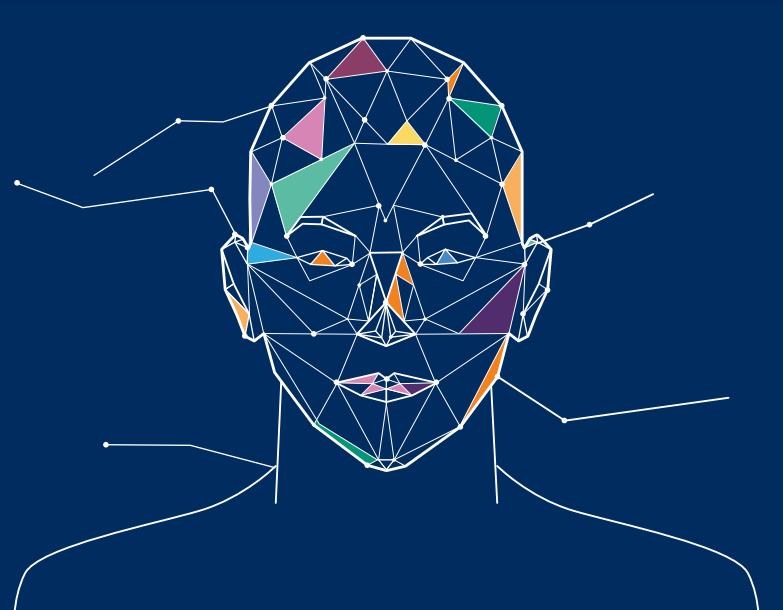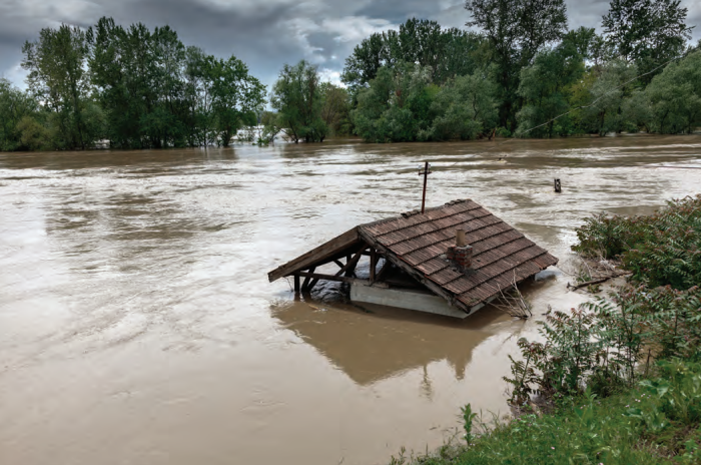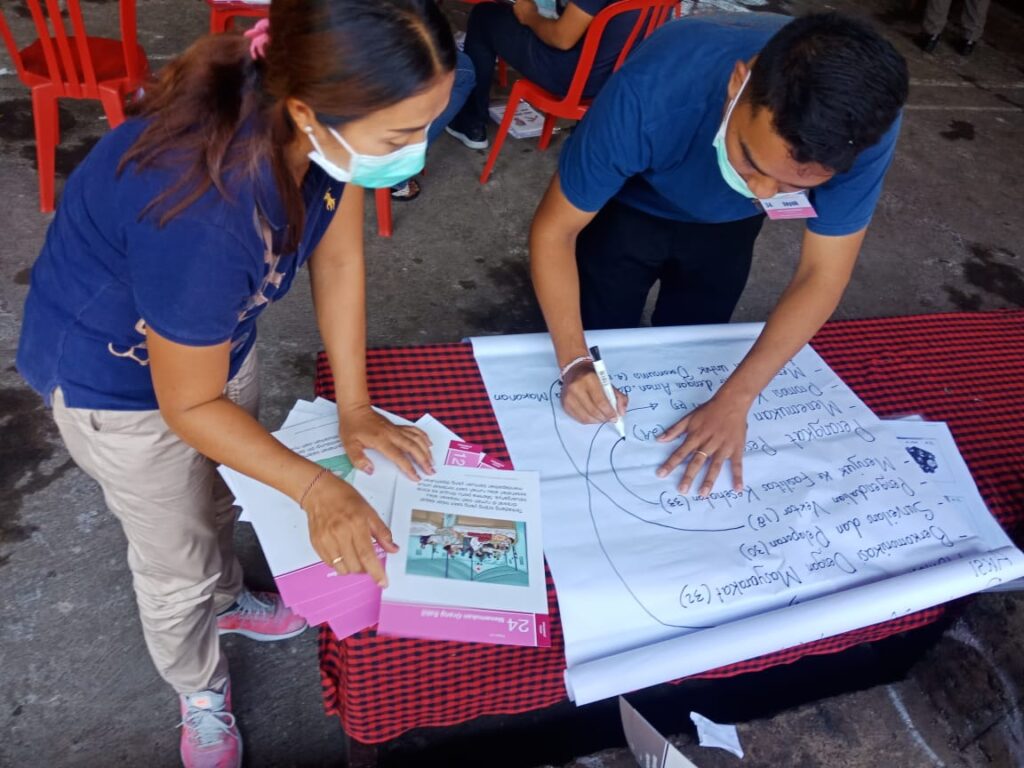Learning from the past in moving to the future: Invest in communication and response to weather early warnings to reduce death and damage
As climate change increases the frequency and intensity of extreme weather events, governments and civil society organizations are making large investments in early warning systems (EWS) with the aim to avoid death and destruction from hydro-meteorological events. Early warning systems have four components: (1) risk knowledge, (2) monitoring and warning, (3) warning dissemination and communication, […]



